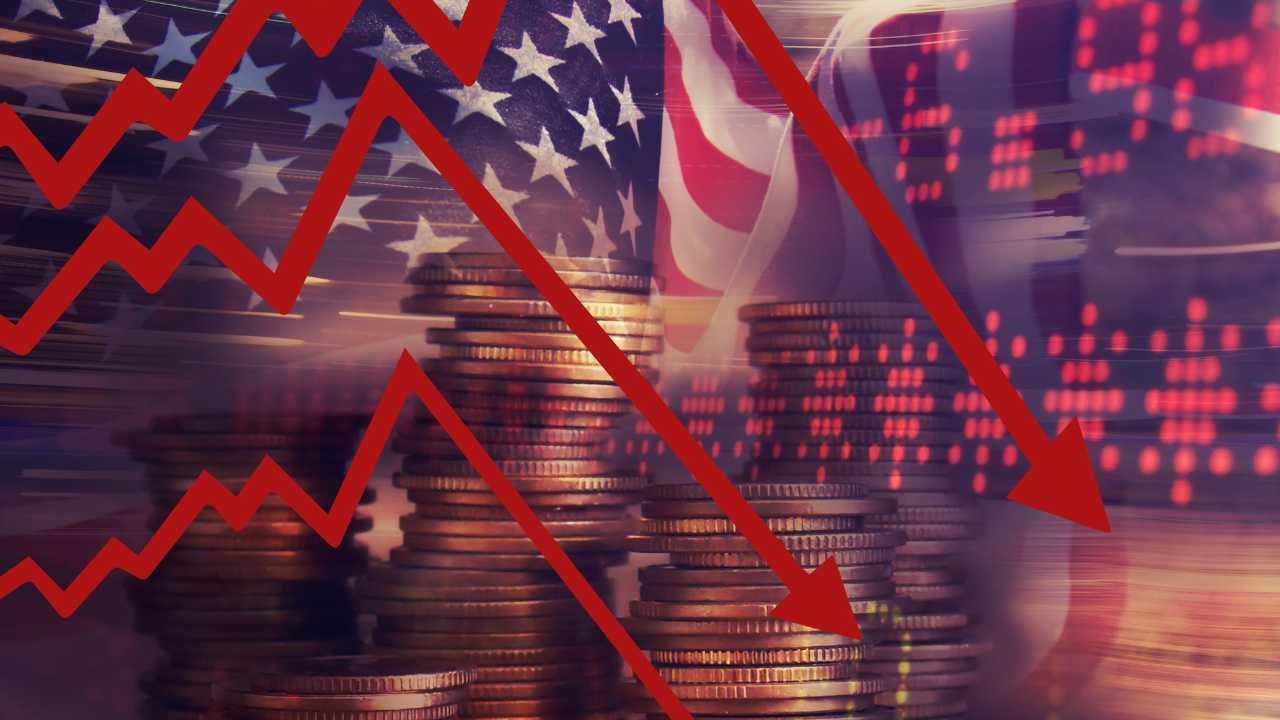What Was the Dot-Com Bubble?
The dot-com bubble, or internet bubble, was a rollercoaster of speculation that took off from around 1995 and went haywire by 2000. Investors went wild, pouring money into internet and tech companies like there was no tomorrow—often without a clue about profitability or business sense. It’s the ultimate example of how market psychology can send prices soaring to dizzying heights.
What fuelled the bubble?
- Tech Frenzy: The internet was new and shiny, and everyone believed it was going to change everything and create endless opportunities.
- Speculative Spending: Investors went all in on any company with a “.com” tag, even if it was just a startup with a cool website and no real profits.
- Venture Capital Bonanza: Venture capitalists were throwing money at internet startups like confetti, dreaming of massive returns.
- Media Buzz: The media hype was unstoppable, driving public excitement and investment into overdrive.
- IPO Madness: Internet companies went public left and right, raising heaps of cash despite lacking solid business plans.
Timeline
- Early 1990s: The internet starts making waves commercially.
- Mid-1990s: The World Wide Web booms, and internet companies sprout like mushrooms.
- 1995: Netscape's IPO kicks off the bubble’s growth phase.
- 1997-2000: The bubble peaks with soaring stock prices of tech companies.
- March 2000: The bubble bursts, triggering a massive market crash.
- 2000-2002: The aftermath sees many tech companies failing or losing massive value.
Why Did the Bubble Burst?
The dot-com bubble burst when investors started tightening their belts. Fueled by record-low interest rates and an internet frenzy, excessive capital flowed into startups—some of which had no products or solid business plans. As these overhyped tech stocks burned through their cash without delivering results, the market correction hit hard, sending countless high-flying startups crashing down.
Conclusion
The dot-com bubble is a classic tale of market mania and investment folly. The spectacular rise and fall of internet companies highlight the risks of speculative investing and unchecked optimism. When the bubble popped in 2000, it served as a stark reminder of the need for grounded investment strategies and caution amidst the hype.
DISCLAIMER: This blog is solely for educational purposes and not to offer any investment advice. Please do your own research or consult a financial advisor before making any investment decisions.



Comments